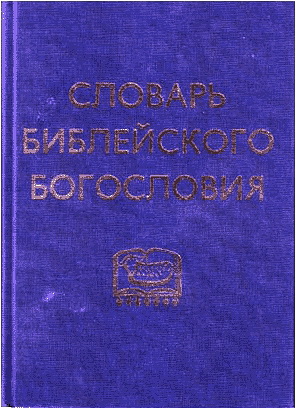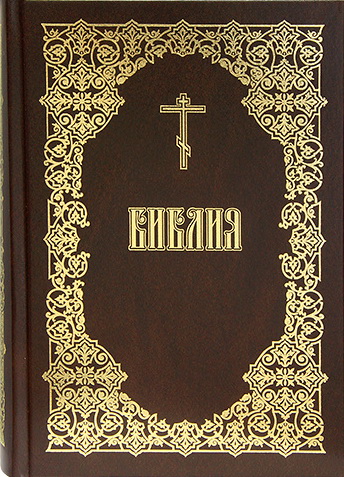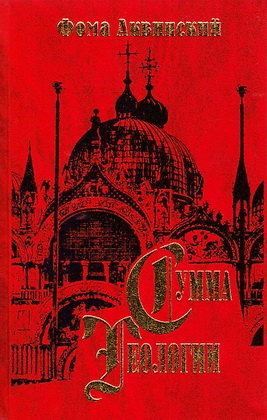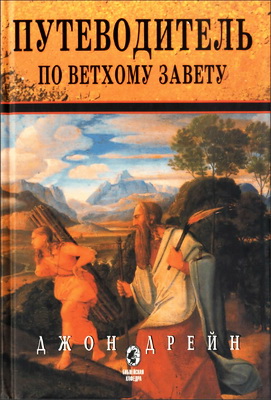
Evanhelije in der Übersetzung des Vasil Tjapinski um 1580
Translations of the Bible into vemacular languages played a major role in the development of East Slav cultures. In the Grand Duchy of Lithuania, of which Belarus is the principal successor state, the Renaissance polymath Francisk Skaryna (1490? - 1551?) set a magnificent early example of biblical translations and commentaries. Two generations later, his compatriot Vasil Tjapinskij’s translations of the Gospels of Matthew and Mark followed Skaryna’s model, and are also notable as the flrst gospel translations into the Ruthenian vemacular by anyone from the Eastem Slavs, and his publication of them, along with the Church Slavonic version, indicates a considerable degree of leaming and culture. Tjapinskij lacked his predecessor’s broad religious tolerance, but his educational achievement was nonetheless remarkable. Unlike Skaryna’s commentaries, Tjapinskij’s are contained in a Preface, but are also very pertinent to his project and its purpose, although his aims and achievements were in fact little appreciated by his contemporaries: as ‘neither Italian, German, doctor nor priest’, he found himself mocked and scomed by the gentry ‘instead of, as would have been fitting, rejoicing and giving praise to one from their midst performing a beneficial service to the nation’. Living in an age of controversy and intolerance, Tjapinskij was more of a publicist than an educator, but he shared Skaryna’s ideal that his translations should be ‘for the good of the common people’, in a language that he called ‘zacny ruski jazyk’ (the noble Ruthenian language, which is now known to linguists as Middle Belarusian).
For Tjapinskij, as for many modem Belarusians, linguistic and national questions were closely interrelated. He laments the decrease in the Grand Duchy’s prestige and honour, blaming the clergy and gentry for allowing the language to decline: ‘Who would not weep to see such great princes, such eminent lords, and so many innocent children, men and women in that noble Ruthenian nation, which used to be so full of špirit and leaming, neglecting and even despising their glorious native tongue [...] not without great shame to themselves’. Tjapinskij’s vigorous manner is less elaborately eloquent than Skaryna’s, but his purposeful discourse in the Preface, moving rapidly between anger and pathos, complements well his versions of the two Gospels, enhancing their significance for the intended audience, and Standing as major ecclesiastical texts in the richly varied context of Belarusian translated and original writing in the sixteenth Century.
Evanhelije in der Übersetzung des Vasil Tjapinski um 1580 - Facsimile und Kommentare
Herausgegeben von Heorhi Halenčanka. - Paderborn: Ferdinand Schöningh, 2005. – 245 p.
ISBN 3-506-71676-x
Evanhelije in der Übersetzung des Vasil Tjapinski um 1580 - Facsimile und Kommentare - Inhalt
Inhalt / Оглавление
Preface
Portrait des „Vasil Tjapinski
ПРЕДМОВА: ВАСИЛЕЙ ТЯПИНСКIЙ ЗАЦНОЙ МОНАРХИИ СЛОВЕНСКОЙ
FACSIMILE DER EVANGELIEN NACH MATTHÄUS UND MARKUS
KOMMENTARE
Hans Rothe: Redaktionelle Vorbemerkung
Abkürzungen / Сокращения
Halenčanka H. Vasil Tjapinski, ein weißrussischer Denker und Humanist, Aufklärer und Publizist, Übersetzer und Begründer einer neutestamentlichen Verlagstradition in seiner Muttersprache
Голенченко Г. Родословная Тяпинских XV-XVII вв
Голенченко Г. Документы и материалы: регесты
Halenčanka H. Literaturübersicht / Обзор литературы
Голенченко Г. Книговедческое описание
Klimaü I. Das Evangelium des Vasil Tjapinski als Denkmal der Literatur und der Buchdrucks
Rothe H. Vasil Tjapinski: Theologischer Wortgebrauch, kirchenslavische und polnische Evangelienübersetzungen
Bibliographie / Библиография





Комментарии
Пока нет комментариев. Будьте первым!